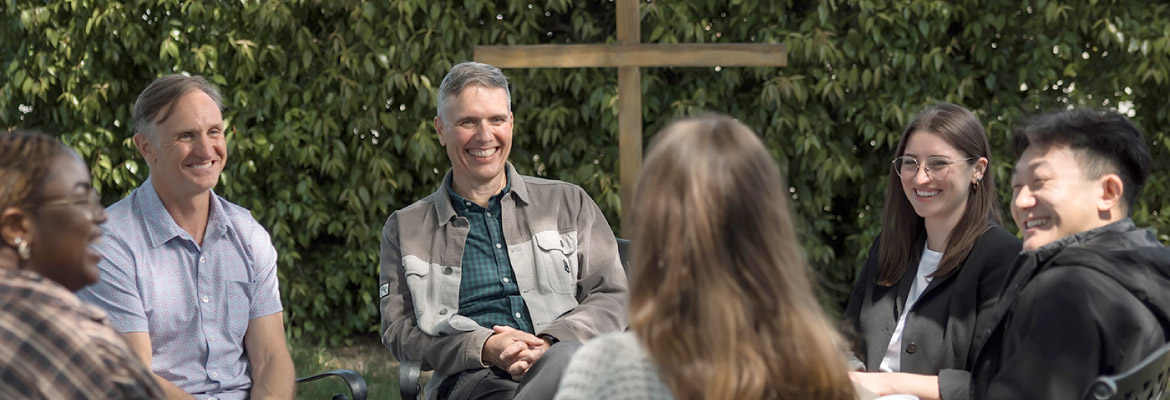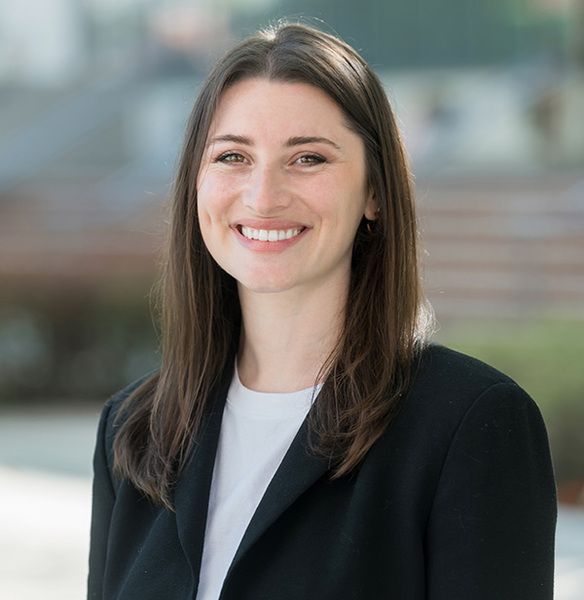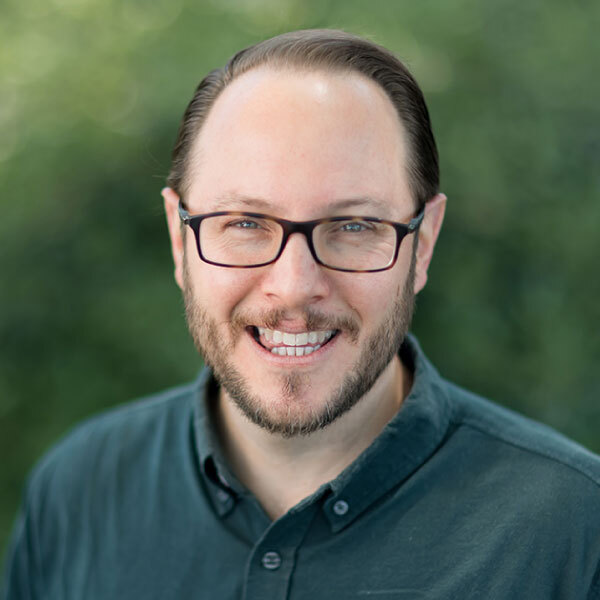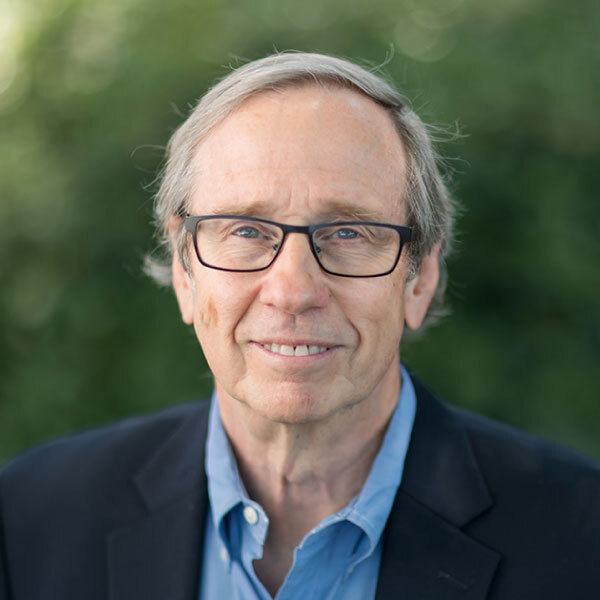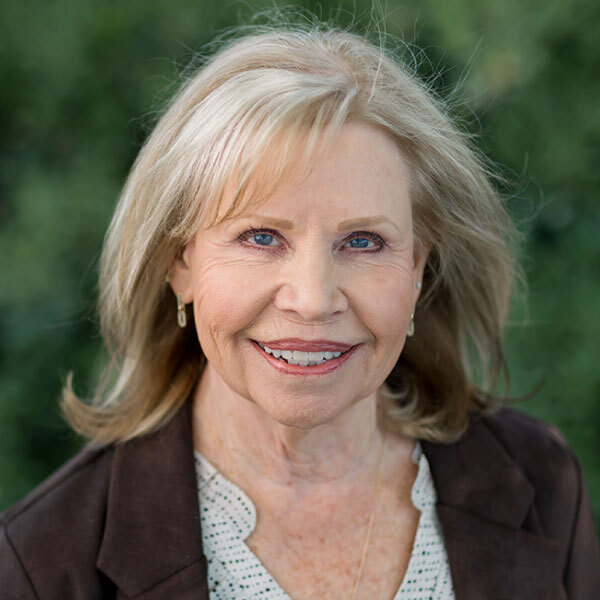Master of Arts in Spiritual Formation and Soul Care
Overview
The Master of Arts in Spiritual Formation and Soul Care, an intensive specialized professional degree offered through Talbot’s Institute for Spiritual Formation (ISF), is a leading program for men and women who desire training and equipping to become spiritual directors, pastors, teachers, mentors and leaders of soul-care ministries within the church.
The program is shaped around promoting growth in your inner life of faith and prayer with God in the context of a shared community, while also developing your knowledge-base in the Word, spiritual formation and soul care. It focuses specifically on ways to deepen your knowledge and openness to God and his work, as well as understanding of yourself and others in order to grow toward conformity of character and inner life in the image of Christ. In turn, it trains you to assist others in their journey of growth in Christ and his body.
In order to accomplish this, the program has a substantial emphasis on understanding the dynamics of the indwelling Holy Spirit as they interface human personality and relational dynamics. These integrative endeavors are enhanced by ISF’s diverse university-wide faculty, which draws particularly upon Rosemead School of Psychology and Talbot School of Theology, bringing a wide range of expertise and experience to bear upon the process of human spiritual growth and soul care.
- Study and Experience Spiritual Formation from a Trusted Program. Talbot’s Institute for Spiritual Formation is a trusted leader among Christian seminaries in the area of spiritual formation and soul care. Throughout your program, you’ll learn through experience and theory that growth in Christ is based upon an encounter with God and oneself in the Truth.
- Learn from Leading Faculty and Practitioners in Theology and Spiritual Formation. ISF faculty are leading scholars in the field of spiritual formation, dedicated to training pastors and leaders in understanding how spiritual transformation works in their lives and in the life of the church. ISF publishes The Journal of Spiritual Formation and Soul Care, a leading peer-reviewed publication that serves as a forum for academic conversations on the theory and practice of Christian formation and soul care.
- Understand the Word of God and its Role in Christian Spirituality. At ISF, you will come to have a sufficient grasp and commitment to the Word of God as the primary source of truth for your understanding of spiritual formation and spiritual direction. Meanwhile, you’ll also learn to integrate truth from extrabiblical sources of wisdom — including church history, spiritual classics, personal experience, the humanities and the social sciences. You’ll also be trained to discern truth and error in light of various competing contemporary spiritualities.
- Foster Honest Self-Assessment and Humility. Gain an honest understanding of yourself in the presence of God and truth through various experiential projects. Your ISF experience will include group retreats in the picturesque mountains of Southern California, spiritual direction with a trained therapist, assignments that encourage you to unplug from all distractions, and uninterrupted times of prayer and spiritual disciplines. One of the most life-changing aspects of this program is the Intensive Journey Inward Retreat, a three-week extended retreat in solitude or partial isolation with supervision from a spiritual guide.
- Develop a Deeper Understanding of Sin. Through this program, you will become more aware of the sinful dynamics that govern your own life and those you will be ministering to, as well as a deeper appreciation of the origin of those dynamics from interaction with the Scriptures, psychological theory, philosophy, prayer projects and personal experience in therapy, retreats and spiritual direction.
- Cultivate Deeper Intimacy with and Obedience to Christ. Through your meditation on the Word, experiential prayer projects, retreats and personal experience in spiritual direction, this program aims to nurture your relationship to Christ, cultivate growth in character and develop behavior consistent with the faith.
- Provide Spiritual Direction for Others. Your training will include courses on the heart of spiritual direction, supervision in practical settings and personal experience in your own spiritual direction. Students benefit from ISF's presence on campus as a center where spiritual direction is available to Biola students, the community and beyond. Through this process, you’ll be evaluated in a variety of ways to determine your ability, giftedness and preparedness to provide spiritual direction for others. You’ll also learn minimal assessment skills adequate to refer spiritual directees to appropriate medical or psychological care.
- Appreciate the Unique Cultural Dynamics Involved in Spiritual Growth. You will come to have some appreciation of the unique dynamics involved in teaching, mentoring and doing spiritual direction with believers of varying cultural backgrounds by means of coursework and some practical experience.
For more reasons to choose Talbot School of Theology for your education, see the Why Talbot? page.
